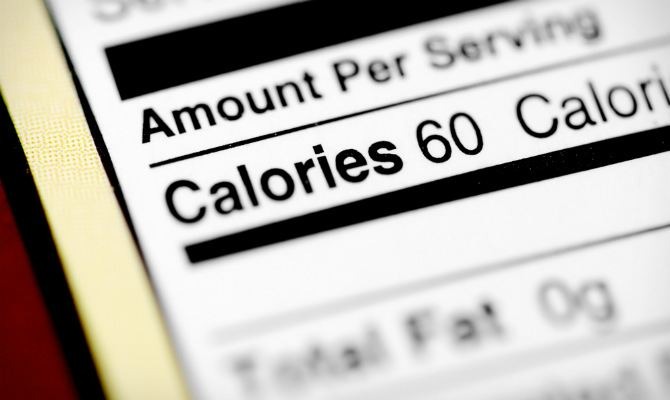Are The Calorie Counts On Your Food Labels Accurate? Scientists Say Not Really
Is it time to change the way we label foods? According to an op-ed in The New York Times, yes: especially since calorie counts tend to be misleading or inaccurate. According to scientists at Nutrition Logic, a nutrition consulting company in Britain that provides its services to the United Nations, the manner in which we count calories, especially for high-fiber foods like nuts and meat, results in serious overestimation. Ironically, scientists conclude that calorie counts for junk food, or foods with lower amounts of nutritional value, tend to be more accurate.
This could mean that people who are on low-carbohydrate, high-calorie diets could be underestimating their nutrition intake by several hundred calories. Calorie counts are vital to strength-training athletes, body-builders, and even everyday people who are just looking to eat healthier and burn off fat.
To understand the impact of misleading calorie counts, you have to understand exactly what a calorie is. The Daily Meal explains this really well here. A kilocalorie (1,000 calories) is a measurement of energy, not weight, size, or even nutrition content. It is more specifically defined by Medical News Today as the amount of energy required to raise the temperature of one kilogram of water by one degree Celsius, and is used to measure the energy value of foods. So, unlike saturated fat content, a high-calorie count is not inherently a "bad thing," especially for athletes who need to burn off that energy. Protein takes more energy to break down because it is harder for the body to digest than carbohydrates.
This is the reason, according to Geoffrey Livesey, the head of Independent Nutrition Logic, that the current system needs to be overturned. Comparing the energy expense of proteins to that of simple carbohydrates or sugars (i.e., comparing the calorie count of a steak to an Entenmann's cake) is like comparing apples to oranges, as they say.
